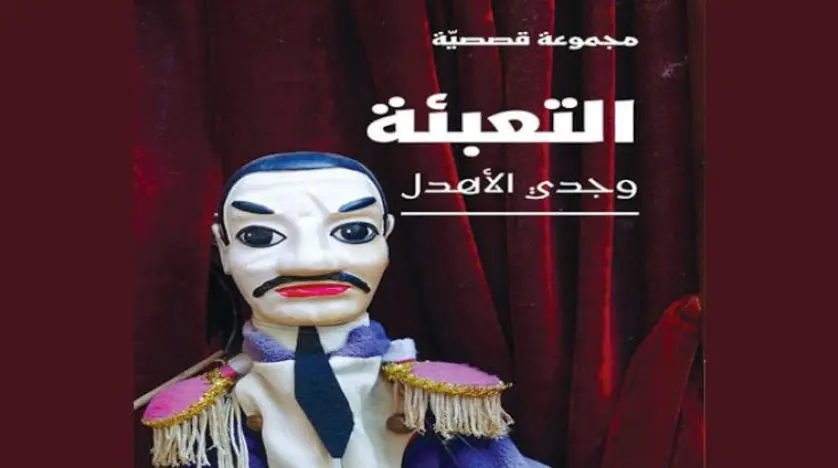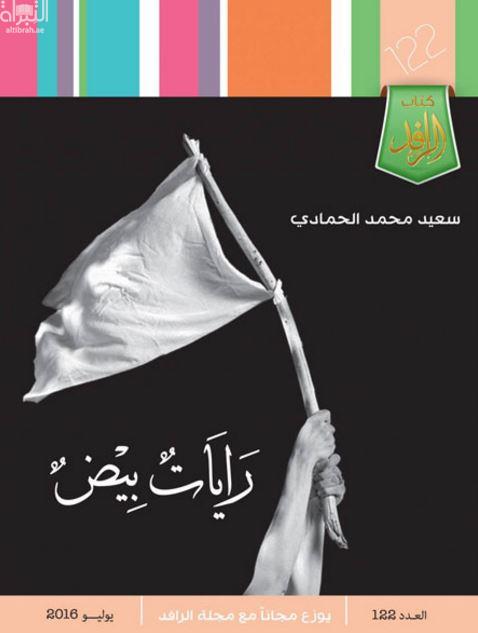No Name No Address
He gazed up at the ceiling of the room he shared with his wife and three children, recalling a time when life was simpler and he slept with peace of mind, knowing his salary would come at the end of the month to cover his obligations. Tears streamed down his face as he watched his wife, in labor, and felt the emptiness of his pockets. Memories of the war and its aftermath, of martyrs hung in the streets, of being evicted from his home for not being able to pay the rent, of his former wealthy friends ignoring his pleas for loans, and of his children going hungry haunted him.
In the dead of night, the only sound that could be heard was the barking of dogs in the deserted outskirts of the province. His wife’s labor pains increased, and she saw the signs of childbirth between her legs. He woke up his ten-year-old daughter and told her that in the morning, they would inevitably return with the newborn, and that she should not worry and take care of her younger brothers. They left in a hurry, and he locked the door behind them before keeping the key in his pocket. He then carried his wife in his arms and walked along the dirt road until they reached the asphalt road. Waving to a passing car, the driver stopped and drove them to the nearest government hospital. The employee told him that he had to create an account and pay the fees, to which he shouted; “You know I am a government employee! My salary has been suspended for years; how can I pay? I have no money.”
His wife had been admitted and he was discussing his financial difficulties in obtaining food and water with a saddened expression. He spoke of the consequences of the war and its impact on his daily struggle to just secure a meal for the day. After some time, the doctor said that she needed a cesarean and asked him to go to the accounts to pay the fee. He pleaded that he had no money at the moment and asked if they could keep her and the baby until he had the funds to pay. He declared that he had no other choice but to go and try a wealthy man and beg him to lend him the money.
The doctor felt sorry for the woman and offered to write an undertaking to the accountant that he would return to pay for his wife’s operation fee. She quickly left, racing through the hospital corridor, her heart pounding as she crossed the road inattentively. Unfortunately, a luxury car struck him, and he was severely injured. He was taken to the same hospital, but his life could not be saved and he died in the intensive care unit. When they searched his pockets, they found no identification or anything that could point to his name or address; his body was taken to the mortuary until his identity could be discovered. The woman waited for her husband in a general patient room, but he never returned. A week passed, and the doctor felt sorry for her and then paid for the operation fee. She quickly left and hired a taxi to take her home. When she arrived, she knocked on the door several times but received no answer. She rushed to the nearest house and called for help. People from the neighborhood came to assist in breaking down the door, and a putrid smell of carrion emitted from inside. The woman could not bear the sight, and she collapsed motionless.



